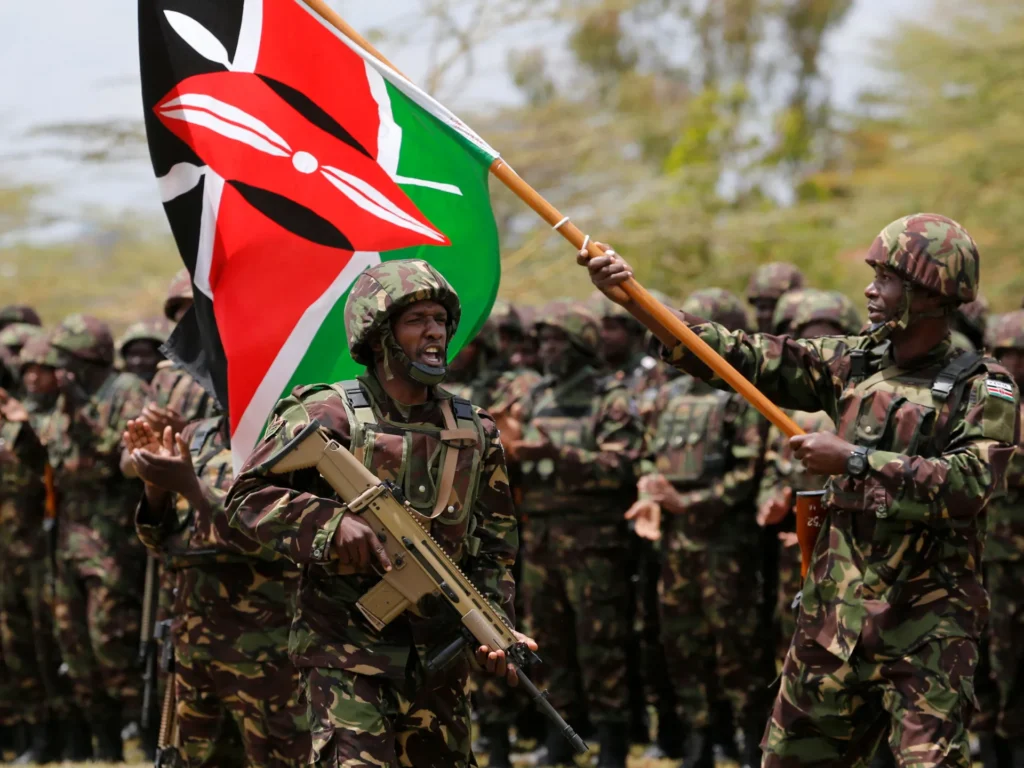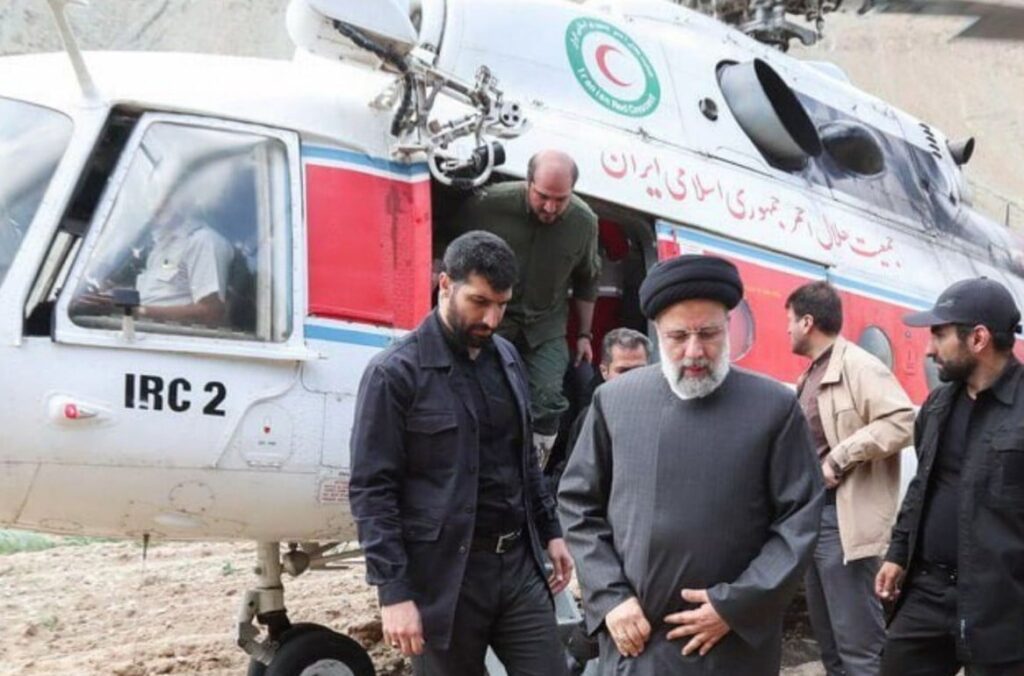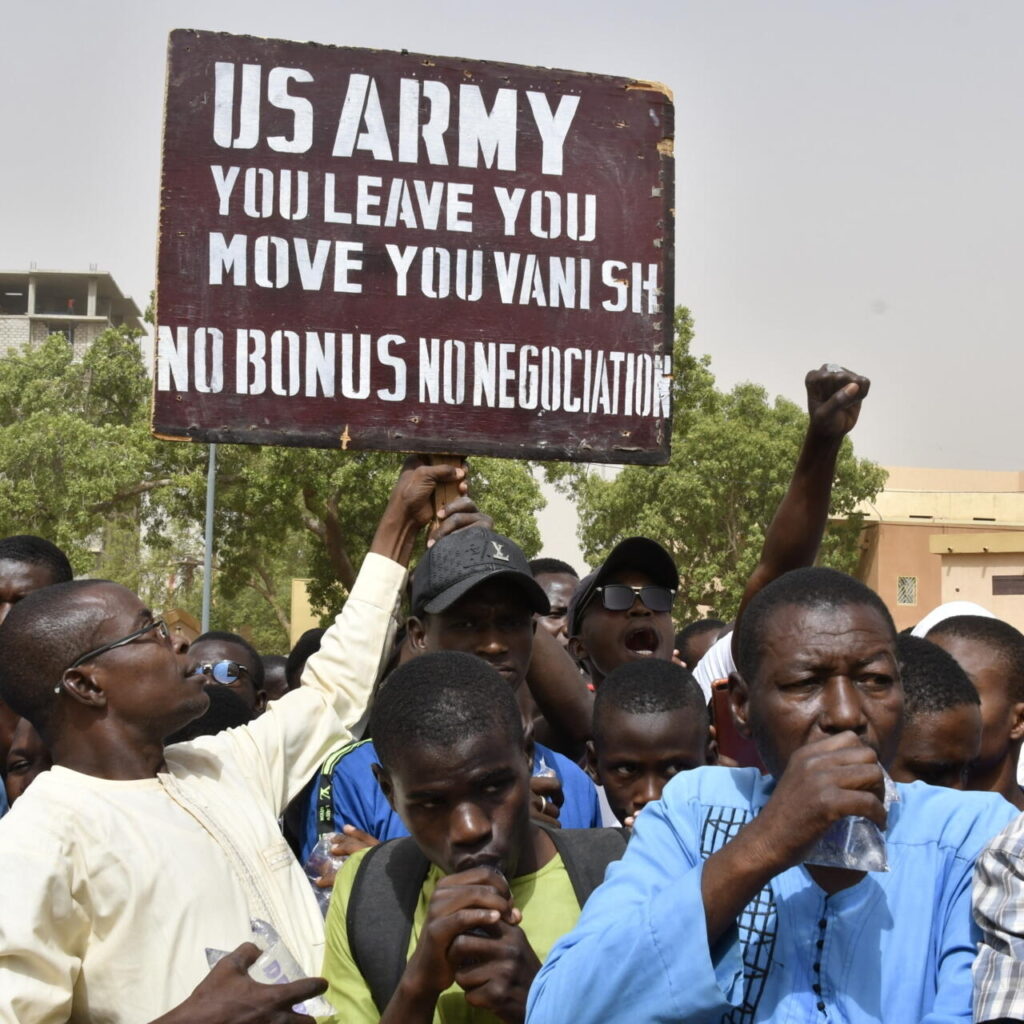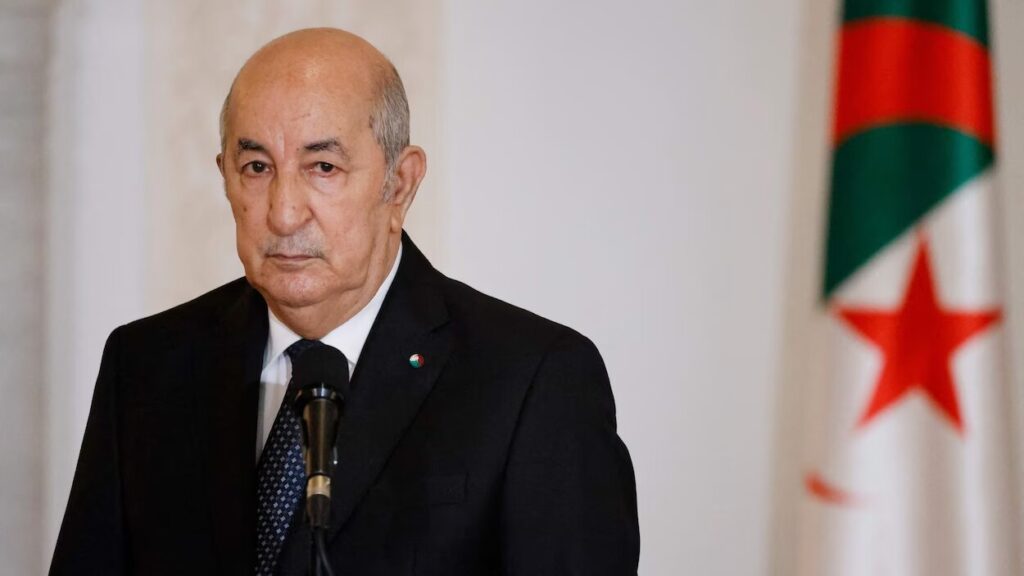
On May 8th, France and Algeria marked contrasting anniversaries. While France reveled in victory over the Nazis, Algeria remembered the brutal suppression of their independence movement on the same day in 1945.
French President Emmanuel Macron laid a wreath in Paris, honoring those who fought against Nazi Germany.
Algeria, a French colony at the time, had contributed soldiers to the war effort. However, the war’s end also ignited independence movements across former European empires.
Algerians commemorated demonstrations in Guelma, Sétif, and Kherrata, where people demanded freedom from French rule.
Algerian President Abdelmadjid Tebboune condemned the French response as a “massacre” committed with “extreme brutality” to repress their aspirations for liberty.
These strong remarks highlight lingering tensions between the two nations, despite Algeria gaining independence in a bloody war (1954-1962).
While France and Algeria share economic, security, and energy ties, the question of historical justice remains a sensitive issue.
Tebboune intends to raise this during a visit to France, demanding “objective treatment” that acknowledges historical truths. In 2022, Macron agreed to create a joint commission of historians to propose reconciliation measures.
Proposals included returning Algerian documents and artifacts from French archives.
However, Algeria also seeks financial reparations for French nuclear tests in the Sahara and, most importantly, an official apology for colonial-era crimes.
Macron, born after the colonial era, has attempted to address past wrongs while building new relationships with former colonies.
However, he faces criticism in France, with rising support for nationalists who champion the grievances of French descendants of colonizers.

